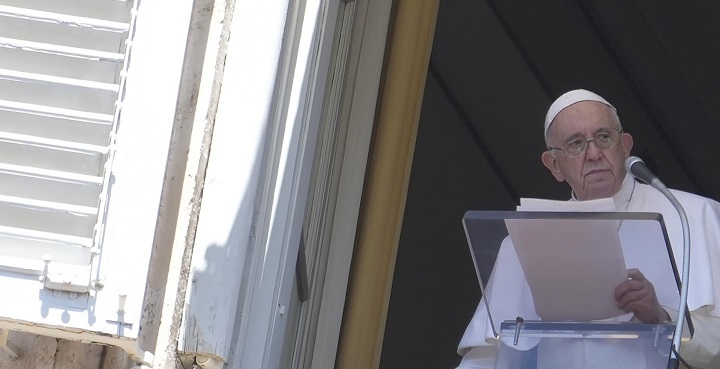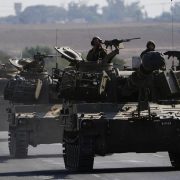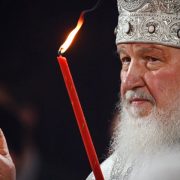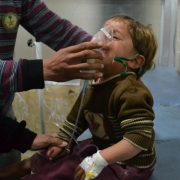
The Pope’s remarks about the “innocent” death of Daria Dugin, a champion of the invasion of Ukraine and daughter of an ideologue of the war, rightly opened up a wave of controversy. But perhaps there is much more behind the Pope’s “blunder” or “mistake.”
There are deep questions.
Is anyone “guilty” when dying a violent death in his 30s? Is anyone guilty in the eyes of the church and God who forgive us all? Aren’t they all “innocent”? These are the questions behind the Pope’s statements about Dugina’s car bomb demise.
If someone were “guilty” in the midst of a war for their death, we would return to the Middle Ages, to Holy Wars, to exterminations in the name of God, to the insane, barbaric idea that the end of our enemies takes us to heaven.
The Pope’s statements on Dugina should be seen in this light as an element of prophecy, a quest to embody God’s word.
This should be seen in the Pope’s words by people on any side. From a practical point of view, it is also an outstretched hand to the many Russians who are on the other side out of conviction or imposition.
It does not preclude the Ukrainians from correctly claiming to be right in a war that they did not start, that they suffer, and from which they must defend themselves.
But there is no idea on the part of the Pope to tell right from wrong, black from white. From God’s eye and the Pope’s modest effort, all deaths in war are innocent. It does not detract that those who are attacked can and should defend themselves simply because surrendering could mean more deaths.
But these are two dimensions in seeing human reality.
Again: it is distasteful that a quip inspired by noble sentiments actually sounds like equating innocent children killed by Putinian bombs with an adult woman, aware of her ideological choices whose effects are devastating and violent, killed by terrorists of Russia’s dark underbelly.
In this respect, the Ukrainians, again, are right.
But there is a deeper and more human level, that of pity, that applies to every creature, even the least pleasant and reliable. It is a pity, rather than respect that guarantees a final gesture of recognition of dignity for each one. Being able to save pity is a guarantee of humanity, even in the inhuman violence of war.
Acknowledging pity for the violent and the opposing anticipates the fairest and balanced judgment to be made in the future. In this sense, it is a word-gesture of prophecy.
Pope Francis does not always control his talking. He is always searching for something, trying to express the new realities he sees. He invents new words, strips the argumentation of his thoughts, and opens digressions that have not yet matured: it is dangerous to put a microphone in front of him.





